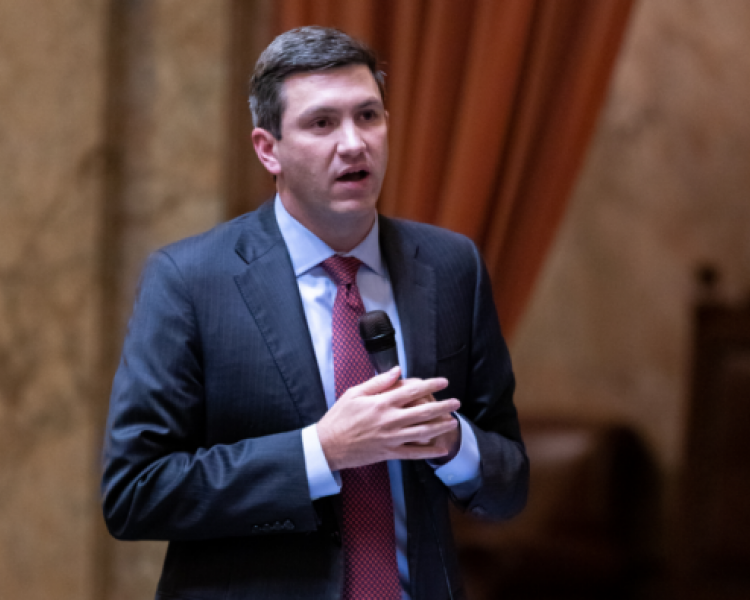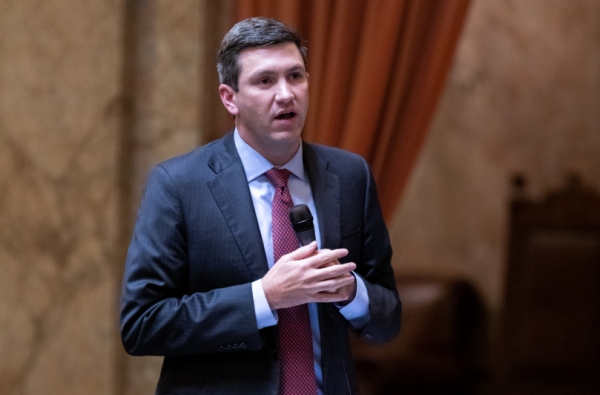January 14, 2022 WA State GOP Legislative Update
Representative Drew Stokesbary, the Ranking Republican on the House Appropriations Committee, has introduced legislation that would repeal the Washington Cares program and associated payroll tax, and replace it with a privately-managed program that leverages the state's existing revenue to finally make long-term care coverage both affordable and optional.
Under House Bill 1913, private insurance carriers would reinsure a portion of the risk they assume when they write long-term care policies and receive a full state tax credit for all reinsurance premiums paid. By transferring some of their risk to the reinsurer, Stokesbary believes carriers would have lower and more predictable claims to pay out, which would enable them to offer lower premiums to subscribers.
“For years, private long-term care insurance in Washington was optional, but unaffordable for many who wanted it. While the current Washington Cares program purports to offer affordable coverage for most people, it is optional for no one, as every employee in Washington must now purchase a private plan or pay a mandatory payroll tax. House Bill 1913 offers a real solution that would make long-term care insurance affordable for those who want it, but optional for those who don't,” said Stokesbary, R-Auburn.
“My bill encourages individuals to responsibly plan for their long-term care needs, recognizes the long-term savings produced and the dignity preserved by allowing seniors to age in their homes, ensures coverage is affordable, leverages existing state funds, provides consumers with options, and trusts Washingtonians to make the best decisions for themselves and their loved ones,” Stokesbary added. “I believe it represents a compelling alternative to the current program, which is increasingly unpopular and decreasingly solvent.”
House Bill 1913 has been referred to the House Appropriations Committee, where it awaits further action. The 2022 session began January 10 and is scheduled to run for 60 consecutive days. Article
Share This Post...











